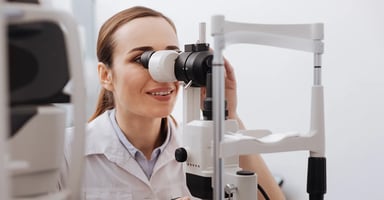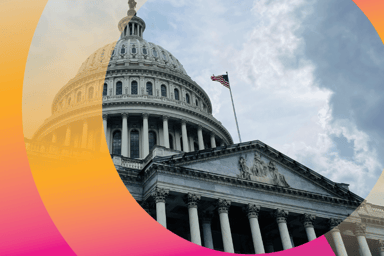How Mature Is Your Data Integrity? New FDA and EU Regulatory Focus Areas
Data integrity has been in regulators' spotlight for decades, and the expectations for ensuring data integrity are evolving and increasing. This is partly because of the various Data Integrity guidance documents that have been issued, but primarily due to the increasing number of inspection...





















